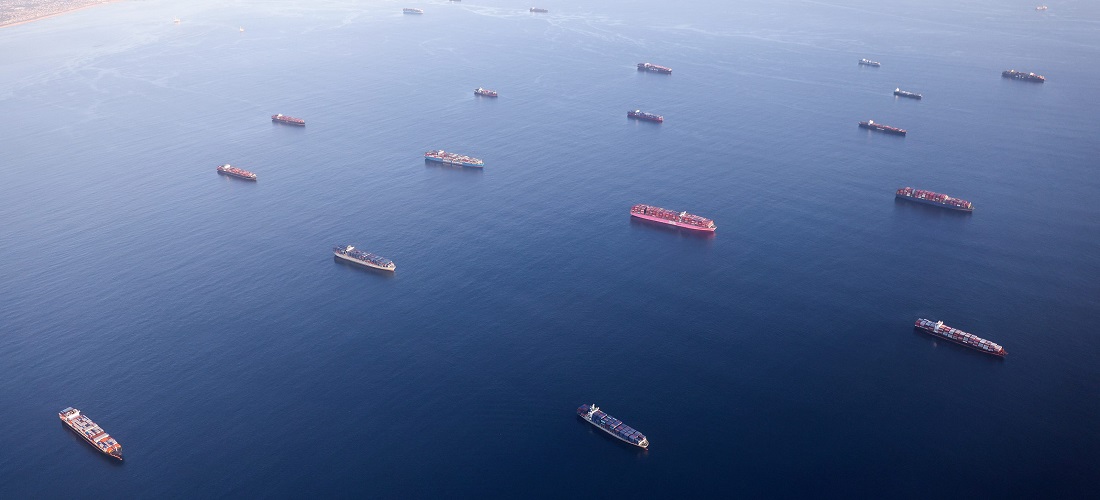
Shipping rates spike as businesses expect more Red Sea attacks
Jun, 03, 2024 Posted by Gabriel MalheirosWeek 202422
The cost of international shipping has shot up as businesses prepare to ship goods for the festive season far earlier than usual, in a sign of the far-reaching effects of disruption from attacks in the Red Sea.
The average cost of shipping a 40ft container between the Far East and northern Europe at short notice, the figure that is most sensitive to market prices, hit $4,343 last week, roughly three times higher than the same period last year, according to freight market tracker Xeneta.
Prices have not yet surpassed the peak seen immediately after Yemen’s Houthi militant group began targeting vessels in November. But they are rebounding during a usually quiet period for shipping in the spring months.
Typically the peak period occurs between late summer and autumn, when retailers start importing goods for the November Black Friday sales and Christmas shopping season.
“The peak season has been brought forward,” said Michael Aldwell, head of sea logistics at Kuehne + Nagel, one of the large freight forwarders that handles goods and sets the price of shipping for retailers.
Industry figures said the resurgence in shipping costs had multiple causes. But these were largely linked to the attacks in the Red Sea, which the Houthis have said are in support of Gaza’s Palestinians during Israel’s war with Hamas, they said.
These have constrained the global supply of shipping space and containers as shipowners travelling between Asia and Europe are forced to take a longer route around Africa.
Because of the war in Gaza, shipowners are preparing for the attacks to disrupt global supply chains through the autumn months when retailers normally import Christmas goods.
Aldwell said some Kuehne + Nagel customers had pre-booked shipments for the festive shopping period as early as April, while others were stocking up on summer goods such as outdoor furniture and barbecues.
He added demand had also been boosted by customers who previously slashed inventories in expectation of weak consumer demand this year. With consumer demand now not as depressed as some businesses expected, they “are very quick to pay higher prices to get access to [the limited shipping] capacity”.
Peter Sand, chief analyst at Xeneta, which supplies data to traders, said importers had learned the hard way during the pandemic that the best way to build resilience in their supply chains was “to stock up as fast as you can”.
He said businesses had told Xeneta that some decided to “bring in Christmas goods if [they] can now because [they] may be short of capacity come the traditional peak season”.
“This is a direct response to the disruption coming about with the Houthi attacks,” he added. “Nobody is really sure of when it will go away.”
Facing a weak global economy and an oversupply of vessels last year, “the main shipping lines were all suggesting [that their financial outlook] was going to be really quite soft” before the attacks in the Red Sea began, said Marco Forgione, director-general of the Institute of Export & International Trade, which represents UK traders.
Now, the disruption is expected to continue later into the year, he said.
Even after the Red Sea disruption is resolved, “supply chains are going to be different in the future”, as globalisation is threatened by repeated geopolitical instability, Forgione added. “We are going to see inventory management much more at the forefront,” he said.
-
Other Logistics
Apr, 24, 2019
0
Biopalma pays R$128m towards restoration of Moju River bridge
-
Dec, 28, 2021
0
Wakashio crew members get 20 months in prison for endangering safe navigation
-
Trade Regulations
May, 25, 2021
0
Exporters push for a drop in agricultural subsidies
-
Shipping
Dec, 26, 2023
0
Maersk says it will resume shipping in the Red Sea



